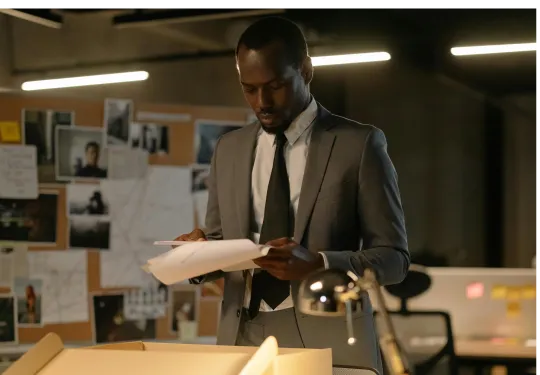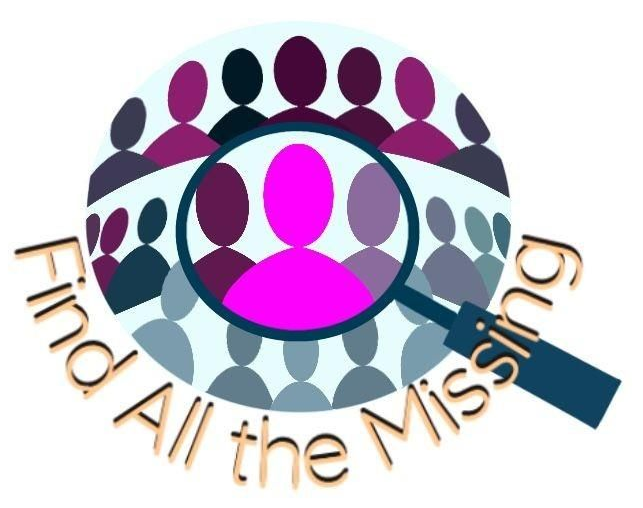Uninformed Decision Making in Policing Strategies
By:
Dr. W. Christopher Cason
On
10/12/2024Reading time:
4 min
Summary:
Learn how uninformed and also at times politically motivated decision making can harm policing strategies, and discover ways to promote data-driven approaches for more effective outcomes.
Policing strategies play a crucial role in maintaining law and order in society. However, the decisions made by law enforcement (and those overseeing law enforcement) are not always well-informed and can have significant consequences. This blog post will explore the various factors that contribute to uninformed decision making in policing strategies, such as politics, lack of training, and bias. We will also delve into how these factors impact the effectiveness of policing and its impact on society.

Voting is but one part of the political process. Elected leaders must also be held accountable for their decisions.
Politics and Its Role in Decisions Made by Law Enforcement
One of the primary factors that can influence decisions made by law enforcement is politics. In many cases, political pressure and agendas can dictate the direction of policing strategies, rather than evidence-based practices. This can lead to ineffective and potentially harmful tactics being implemented, as the focus shifts from promoting safety and justice to pleasing political stakeholders.

Investigator training takes time, money, and other resources... resources squandered by uninformed decision making.
Lack of Training and its Consequences in Police Decision Making
Lack of training is another critical factor that can contribute to uninformed decision making in policing strategies. Police officers may not receive adequate training in areas such as conflict resolution and de-escalation techniques, leading to the use of excessive force in certain situations. Also essential is the ability to deftly and compassionately interact with members in the community who are experiencing anxiety and outright horror as the result of a loved one who has gone missing. These conditions can damage the relationship between law enforcement and the community, causing further mistrust and tension.

Bias, discrimination, and racism of any kind are deadly diseases of decent thought.
The Effects of Biased Decision Making on Police Strategies
Bias can negatively influence decision making in policing strategies. Whether conscious or unconscious, bias can impact the way officers perceive and interact with individuals, leading to discriminatory practices such as racial profiling. This can harm innocent individuals and further perpetuate systemic issues within the criminal justice system. Also exacerbating the problem are instances in which elected officials and other leaders make sudden and sweeping staffing changes in law enforcement agencies, such as dismissing scores of seasoned investigators and others, without providing the public with logical rationale or transparency in their decision making process.
Informed decision making is crucial in policing as it can have significant positive impacts on communities. By contrast, uninformed decision making can have profound negative impacts on society.

Racial profiling hurts everyone.
Racial Profiling and its Impact on Policing Decisions
Racial profiling is a prevalent issue facing law enforcement, and it can have a significant impact on policing decisions. Officers may unfairly target individuals based on their race, leading to the unjust arrest, incarceration, or use of force against innocent people. This can also perpetuate divisions and mistrust within communities, hindering the effectiveness of policing efforts.
In conclusion, uninformed decision making in policing strategies can have severe consequences for both law enforcement and the communities they serve. It is essential for officers to receive proper training and avoid political influence to make decisions based on evidence and fairness. Addressing and eliminating bias and racial profiling can help promote equal and just policing practices for the benefit of society as a whole. Also, the prospect of losing the services of highly trained investigators and other law enforcement professionals with years of real-world experience in solving the most daunting cases is unpalpable to consider. When such outcomes occur due to the politically-inspired whims of any leaders, regardless of political ideology, it should inspire everyone to take notice, take positive action, and call for logical, common sense, and transparent decision making.
